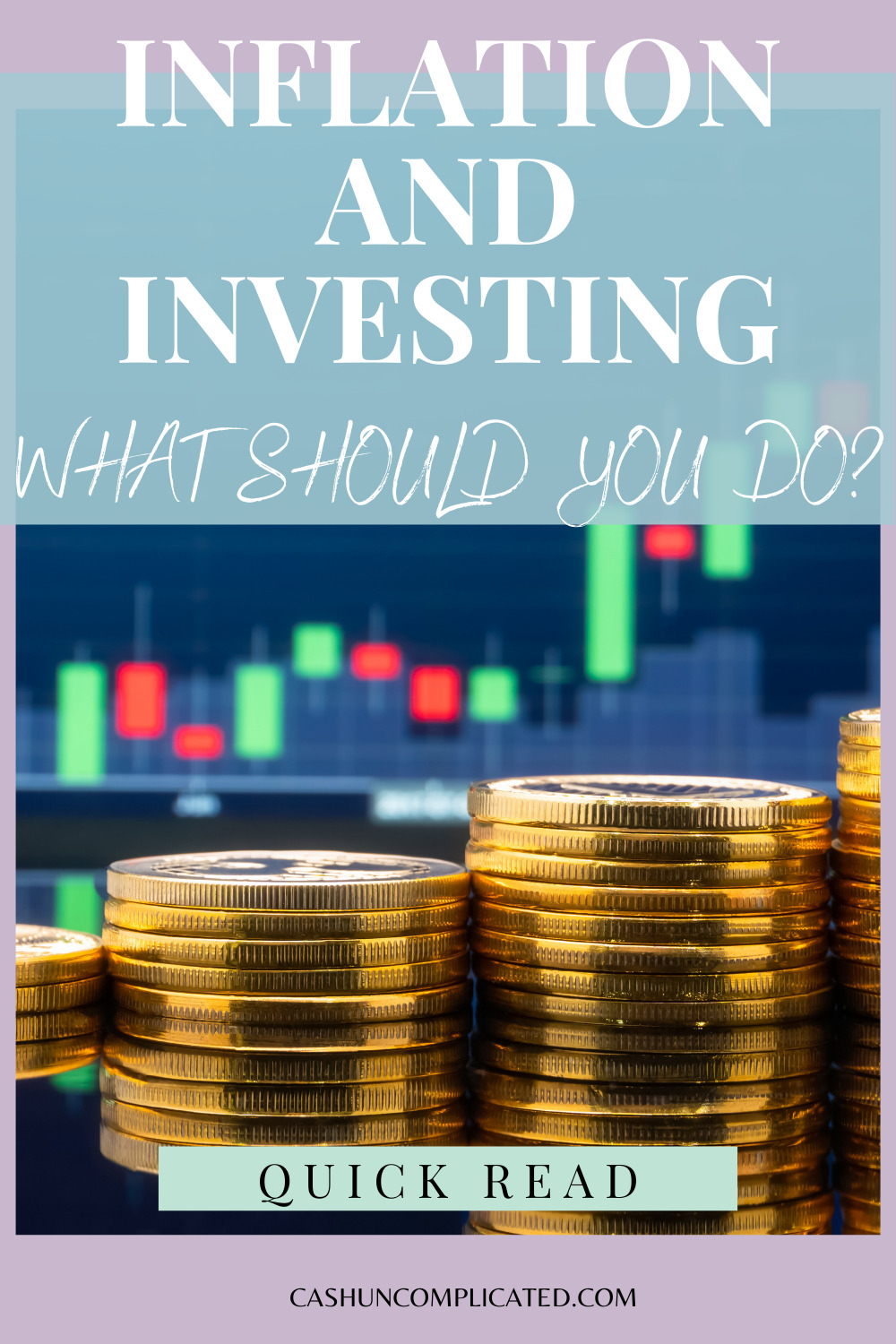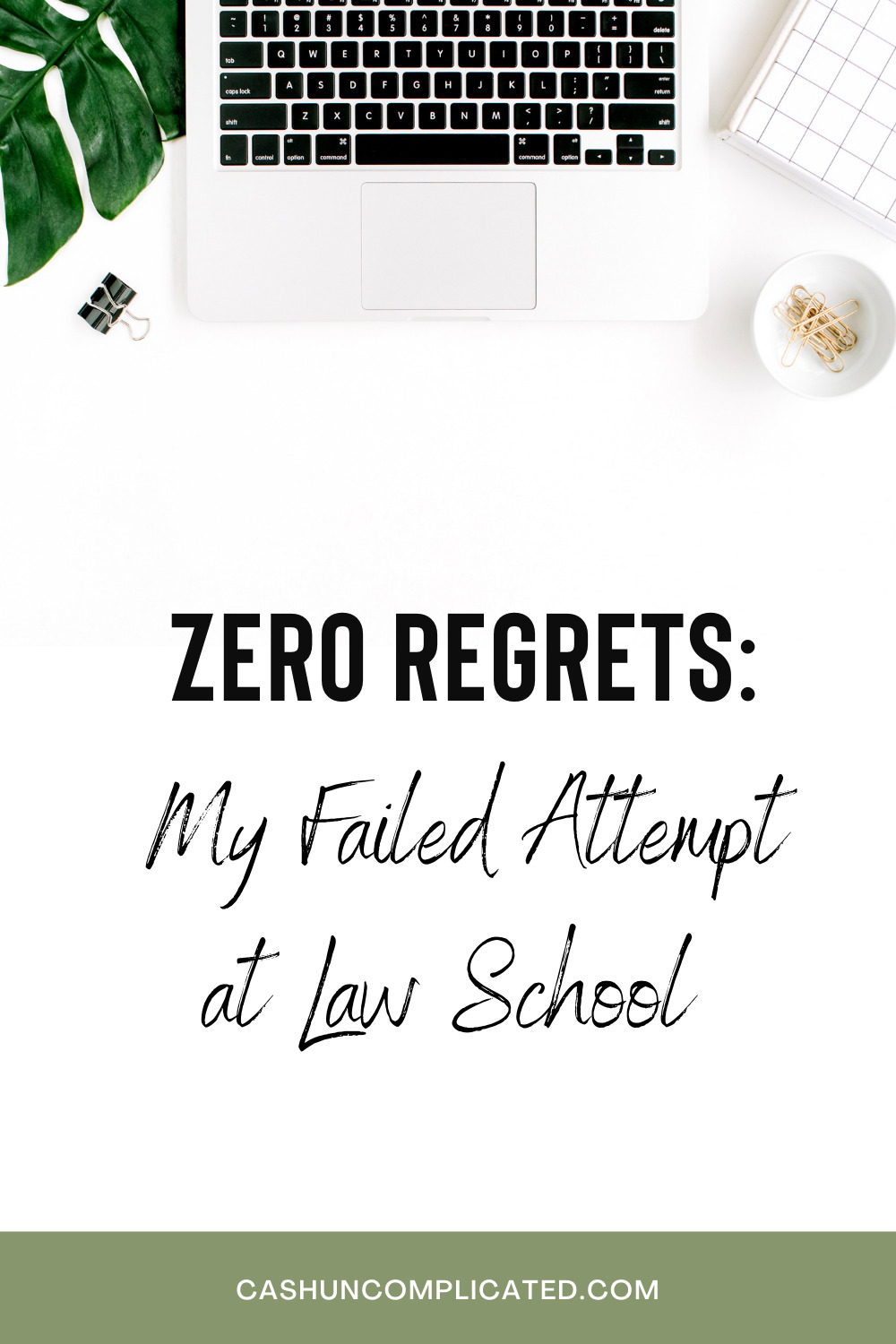One of the hot topics of late is inflation. Many experts are predicting we’re going to see inflation, hyperinflation, or even stagflation. A white hot real estate seller’s market, increased printing of money, and a rise in the cost of goods like fuel and groceries have all contributed to these conversations. It’s impossible to predict what’s on the horizon, but the clues are certainly out there that more inflation is coming.
Of course inflation isn’t something we can control because it happens at a macro-economic level. A couple months ago I wrote a post about what we can do as individuals to help combat inflation. Today I’m going to write a very short quick read about the relationship between inflation and investing, and a mindset that can help us persevere through the good and the challenging times.
I look at it this way. As individuals, we can’t control macro-economic or big picture issues like inflation. What we can control though is our mindset and behavior around it. We can’t control inflation but we can control our investing patterns and choices.
Let’s imagine for a second that inflation is going to occur at a high rate for a few years. That may change your opinion about what to invest in, but will it change your opinion to invest or keep an emergency fund?
Inflation or Not…
Inflation or not, it’s important to have an emergency fund and invest. That really doesn’t change whether there’s zero inflation, hyperinflation, stagflation, or some new form of inflation altogether.
It’s easy to look at macro-economic issues like inflation, and get analysis paralysis. And analysis paralysis often leads to inaction. We experience something new like more inflation than we’ve seen before, analyze it to death, and freeze up. We say things like “it’s different this time” or “my gut is telling me…”
The problem with this is that we end up doing nothing. Fidelity cited a hypothetical scenario of market returns from January 1st, 1980 through March 30th, 2020. This scenario tracked someone with an initial investment of $10,000 on January 1st, 1980.
In this scenario, if the person stayed in the market all of the days until March 30th, 2020, that initial $10,000 investment would have turned into $697,421. Other key findings:
- If they missed the best five days, they’d have $432,411
- If they missed the best 10 days, they’d have $313,377
- If they missed the best 30 days, they’d have $115,481
- If they missed the best 50 days, they’d have $48,434
One could argue that the scenario is flawed because it didn’t track what happens if someone missed the worst days. Which is a fair point. I have two thoughts. Number one: keep investing. Number two: don’t try and time the market (which could be a whole blog post in itself).
When me fall victim to analysis paralysis and don’t invest, we miss those best days referenced above. It becomes a rollercoaster of emotion and we don’t realize the gains we should. Although we used an index fund as an example, this principle holds true to real estate and other forms of investments as well.
My Takeaway
To conclude, no matter what happens with inflation or anything else in the world, it’s better to invest than not to invest. Not investing is pretty much a guaranteed loss, or at best, break even. If inflation occurs, it will erode your savings. If inflation doesn’t occur, your savings will stay flat. If the economy scales, your savings will be left in the dust.
With investing, you give yourself a chance to win. Although we all see the disclaimer on every investing platform that past performance doesn’t indicate future success, investing gives us the best possible chance to grow our money.
Nothing in life is a sure bet so we have to play the odds, and give ourselves the best chance to win. I firmly believe that investing is my best chance to win, so I’m going to continue to do it. The emotional roller coaster of seeing inflation and market fluctuations can be a tough ride to stay on, but I know what the alternatives look like—so I’m going to continue investing.
Do you consistently invest even during uncertain times?









